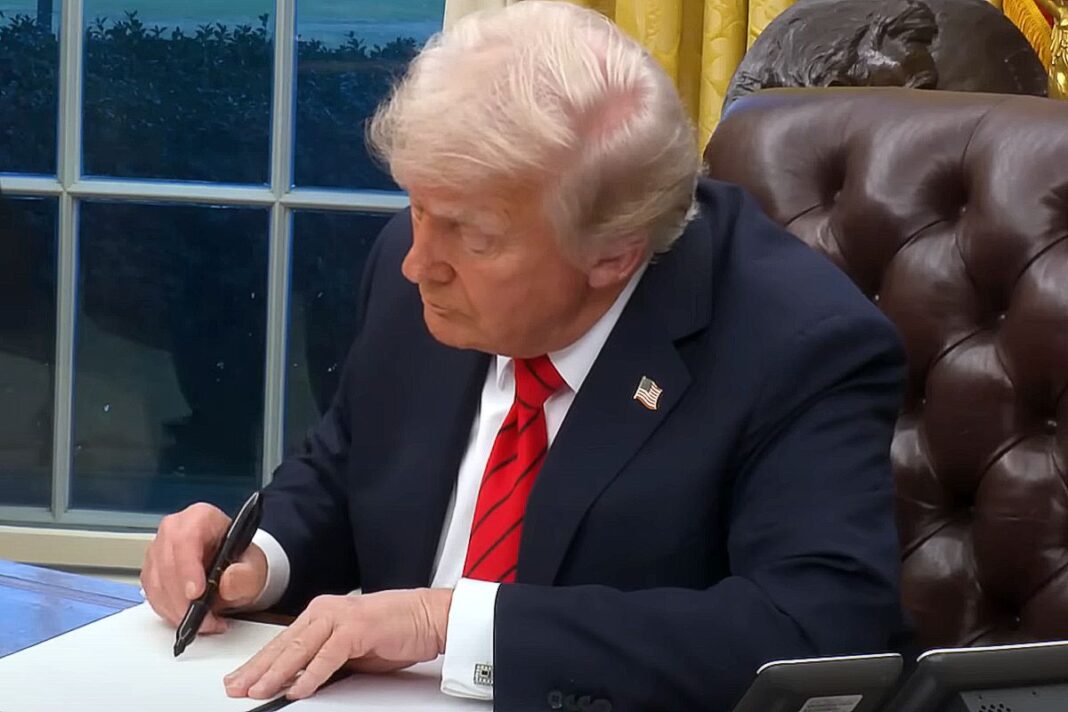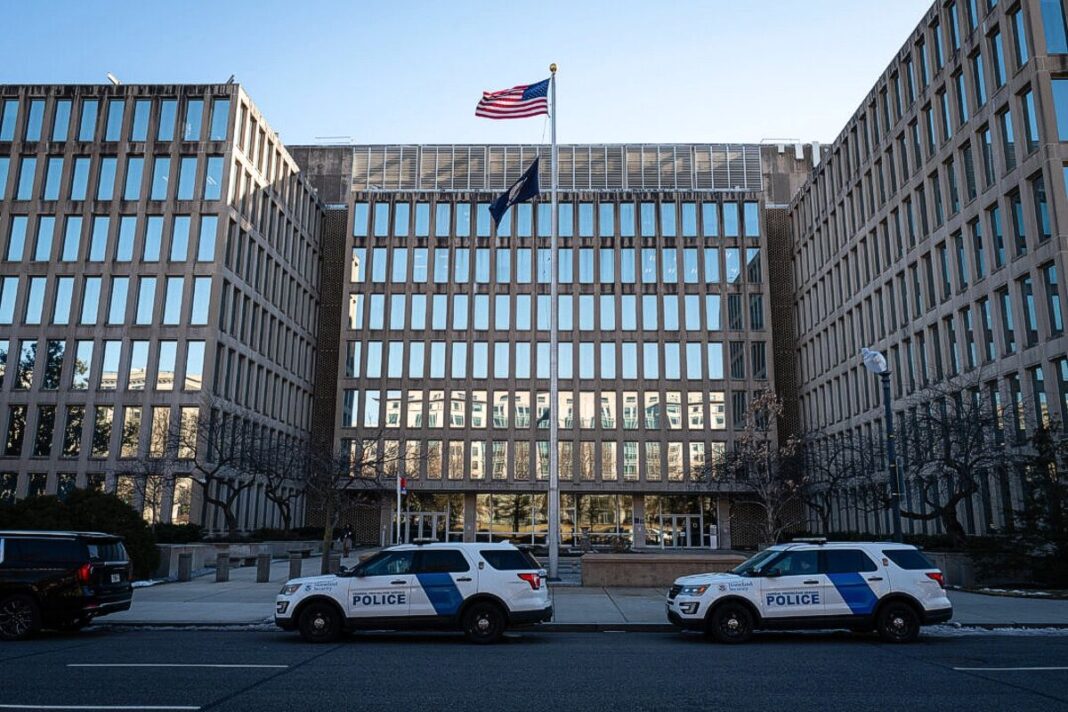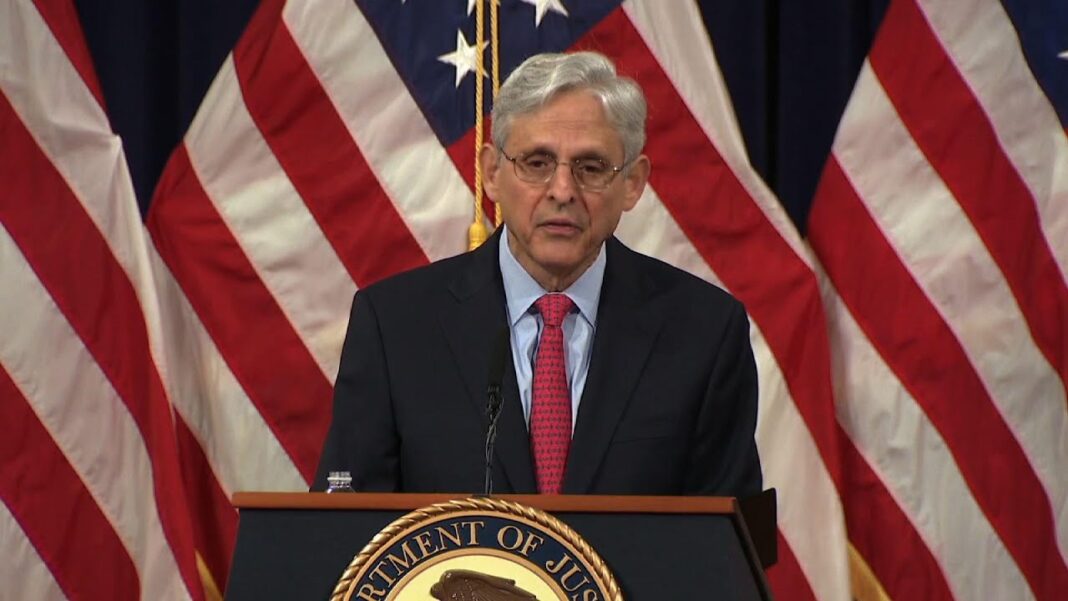Positions exempt include military personnel and those impacting the rollout of Social Security, Medicare, and Veterans’ benefits.
President Donald Trump signed a memorandum on April 17 extending a hiring freeze of federal civilian employees through July 15.
“No Federal civilian position that is presently vacant may be filled, and no new position may be created, except as otherwise provided for in this memorandum or required by applicable law,” the memorandum states.
Immediately upon reentering office on Jan. 20, Trump signed an order directing agencies throughout the Executive Branch to avoid filling any federal civilian positions that were vacant at noon on Jan. 20, inauguration day.
The order exempted Department of Defense military personnel or “positions related to immigration enforcement, national security, or public safety.” It also exempted positions “impact[ing] the provision of Social Security, Medicare, or Veterans’ benefits.”
Trump’s January order allowed the director of the Office of Personnel and Management to grant exemptions where necessary and instructed the director to consult with the administrator of the U.S. DOGE Service to submit a plan within 90 days to reduce the size of the federal workforce “through efficiency improvements and attrition.”
After issuing that plan, the order was set to expire for all executive departments and agencies, with the exception of the Internal Revenue Service (IRS).
Once the administration adopts a “merit hiring plan” pursuant to Executive Order 14170, Reforming the Federal Hiring Process and Restoring Merit to Government Service, future hiring across the executive branch “shall be consistent with that plan.”
Thursday’s memorandum continues the exemptions to certain federal positions found in January’s order, including military and social entitlement programs.
“Contracting outside the Federal Government to circumvent the intent of this memorandum is prohibited,” it states.
Trump’s memorandum instructs agency heads to use existing personnel and funds to improve public services and their delivery. It also does not prevent “reallocations or reassignments to meet the highest priority needs,” maintain essential services, or protect national and homeland security and public safety.
By Jacob Burg









